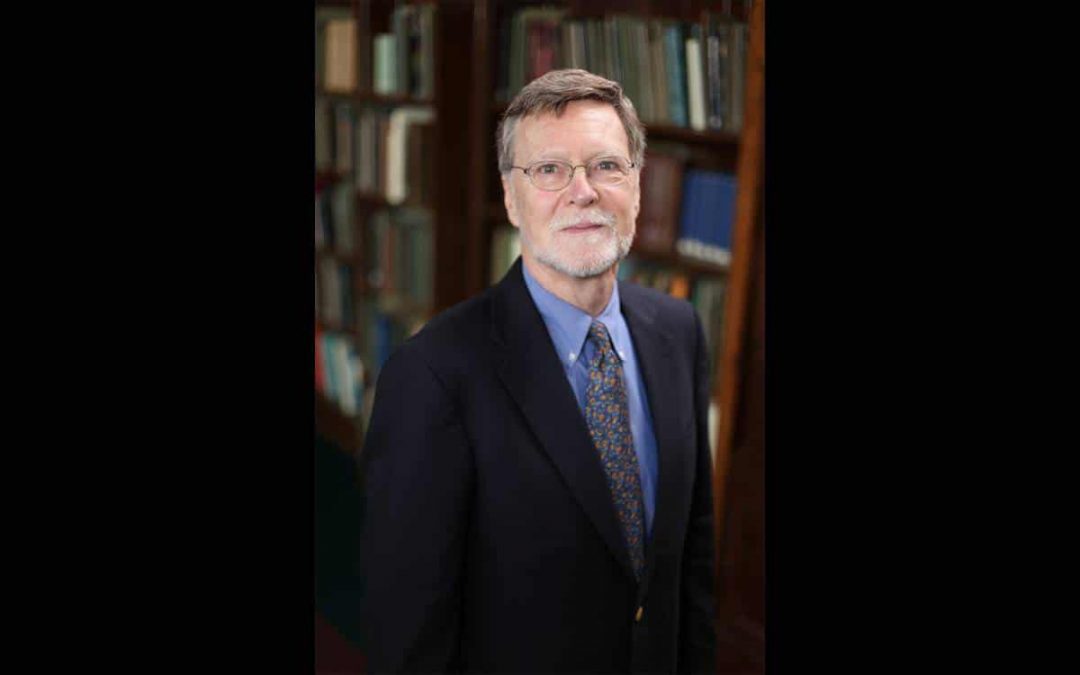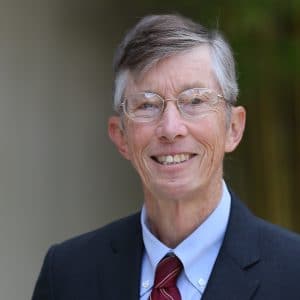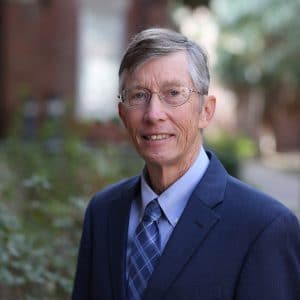Finance professor appointed to evaluate post-financial crisis reforms
GAINESVILLE, Fla. – Dr. Mark J. Flannery, Bank of America Eminent Scholar Chair, has been appointed to the Financial Stability Board’s (FSB) evaluation of “too-big-to-fail” bank reforms. The study is an ongoing evaluation by the FSB, an international body that monitors and makes recommendations about the global financial system, of the financial reforms implemented following the 2008 financial crisis.
The post-financial crisis reforms were originally created by the G20 in order to increase the resilience of the global financial system, while preserving its open and integrated structure. The FSB’s role was to develop and support the implementation of the reforms. In the 10 years since the financial crisis, the FSB has implemented these reforms and is now turning its attention to evaluating the reforms it set in place.
Flannery, along with five other academics, will oversee the FSB’s proposed test procedures and design tests that address the project’s main question: do market investors have less (or no) belief that the largest banks are ‘too-big-to-fail?’
“The basic idea is that before these post-crisis regulatory reforms, it was generally believed that the government would ‘bail out’ very large banks,” Flannery said. “The FSB’s hope is that regulatory reforms, concerning required levels of equity capital at the large banks and new ways of resolving financially troubled, large banks, have squashed the prior market belief in ‘too-big-to-fail.’”
In his role, Flannery will provide specific information about new methods for governments to deal with the failure of very large banks and also identify changes in bank bond interest rates. George Pennacchi from the University of Illinois Champaign-Urbana, Vasso Ioannido from the University of Lancaster (UK), Nellie Liang from Brookings Institution, Thomas Philippon from NYU Stern School, and Reint Gropp, President of the Halle Institute for Economic Research and professor of economics at Otto-von-Guericke University will also serve as academic advisors.
When the call went out in February 2019 for academics to participate in the project, Flannery knew he wanted to be involved.
“I thought it was an important project that ought to be done carefully and correctly,” he said. “I have always been interested in financial policy-making, and this seemed like a worthwhile and interesting way to spend some of my time.”
The evaluation is set to be complete in late 2020, and its results could have a significant impact on the financial industry.
“The industry feels that post-crisis regulatory changes have imposed substantial costs on them, while also making them safer,” Flannery said. “Their hope is that the FSB study will confirm that the ‘too-big-to-fail’ guarantee is dead. If the study finds some or all of the guarantee still showing itself in the market, they will be upset and fear further, tougher regulations.”
Financial institutions wouldn’t be the only ones affected by the potential outcomes of the evaluation.
“Taxpayers are affected in a similar way: if reforms have in fact killed ‘too-big-to-fail,’ then there is much less chance that governments will use taxpayer money to subsidize or ‘bail out’ a large bank,” he said. “If ‘too-big-to-fail’ still appears to be alive, taxpayers would prefer further, tougher regulations for the large banks.”
Flannery has been a faculty member at the Warrington College of Business for 30 years. He has published research extensively on corporate finance and financial regulation, among other financial topics, and served as the editor of Journal of Money for five years. His current research interests include “shadow banking,” financial stability and corporate leverage choices.
In addition to his academic appointment at Warrington, Flannery served as the Chief Economist and Director of the Division of Economics and Risk Analysis at the U.S. Securities and Exchange Commission. He also worked as a part-time Senior Advisor to the Office of Financial Research from 2011-2014 and has served as a long-term visitor to the Federal Reserve Bank of New York’s Research Department.
He received his Ph.D., M.Phil. and M.A. in economics from Yale University and his A.B. from Princeton University.




